It is estimated that between seven and eight million Americans of all ages, or 3% of the general population, experience intellectual disabilities. Nearly one in ten families in the U.S. are directly affected by a person with intellectual disabilities at some point in their lifetimes.
In 1966, President Lyndon B. Johnson established The President’s Committee for People with Intellectual Disabilities (PCPID), formerly The President's Committee on Mental Retardation, to ensure the right of a “decent, dignified place in society” for people with intellectual disabilities. Since that time, PCPID has served as a federal advisor to the President and the Secretary of Health and Human Services on matters relating to persons with intellectual disabilities.
PCPID promotes policies and initiatives that support independence and lifelong community inclusion. ACL provides oversight and support for PCPID.
As an advisory committee, PCPID does not receive an appropriation from Congress to administer federal funds. Thus, it does not administer grants nor does it provide financial or technical assistance to individuals, groups, agencies, or organizations.
Mission
PCPID aims to provide advice and assistance to the President of the U.S. and the Secretary of Health and Human Services on a broad range of topics that impact people with intellectual disabilities as well as the field of intellectual disabilities. The foundation of this mission is a goal to improve the quality of life experienced by people with intellectual disabilities by upholding their full citizenship rights, independence, self-determination, and lifelong participation in their communities.
Membership and Activities
The PCPID has 20 citizen members and 13 ex officio (federal government) members. Citizen members are appointed by the President and serve for a maximum of two years. A variety of individuals who reflect the diversity of America are appointed as citizen members, including people with intellectual disabilities and their family members, researchers, service providers and other professionals, community and business representatives, and systems advocates.
The 13 government members include the secretaries of the Departments of Health and Human Services, Education, Labor, Housing and Urban Development, Commerce, Transportation, the Interior, and Homeland Security; the U.S. Attorney General; the President and CEO of the Corporation for National and Community Service; the Chairs of the Equal Employment Opportunity Commission and National Council on Disability; and the Commissioner of the Social Security Administration. PCPID is also supported by a team of federal employees.
Formal meetings typically are held at least twice per fiscal year, unless there are significant citizen member vacancies.
- Citizen Members
-
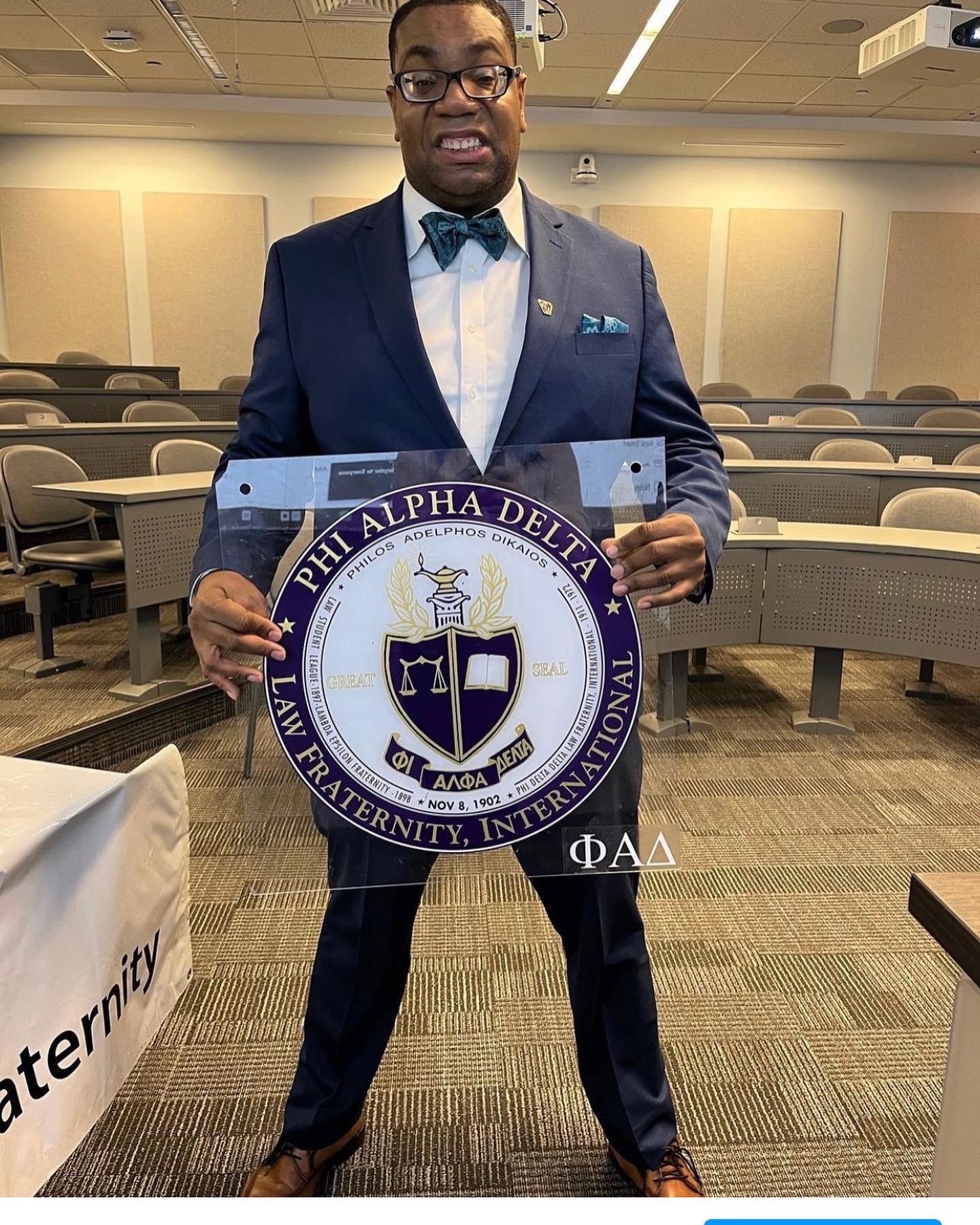 Shawn Aleong, Pennsylvania
Shawn Aleong, Pennsylvania
Shawn Aleong is a young African American man with cerebral palsy and an intellectual disability, as well as a disability and civil rights activist. He is a sophomore at Temple University, where he studies Legal Studies, Real Estate, and Finance. Aleong serves as Senior Advisor to Temple Student Government and sits on the Board of Advisers for Temple’s Institute on Disabilities. He is also an intern at Disability Rights Pennsylvania and a member of the NAACP. Previously, he was a member of Philadelphia’s Police Advisory Commission and the Board of Directors for The Arc of Philadelphia, an organization that advocates for the rights of people with disabilities.Emmanuel Jenkins, Delaware
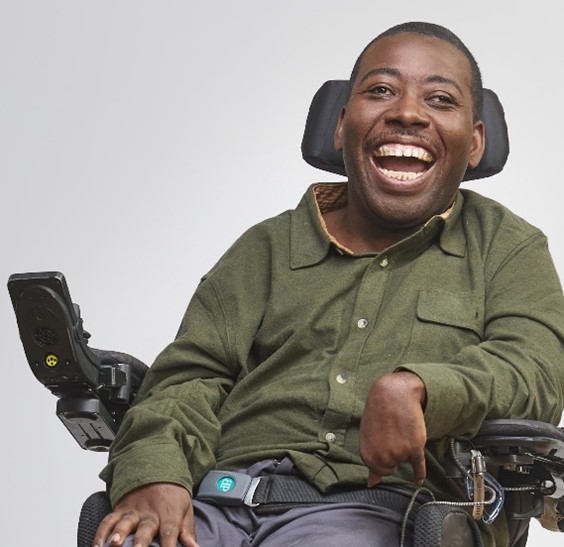
Emmanuel Jenkins is founder of We Stand 4 Something, an organization that supports individuals with disabilities and their families. He serves as the Community Relations Officer for the Delaware Developmental Disabilities Council and serves as the chair of the Delaware Employment First Oversight Commission and vice-chair of the Delaware Developmental Disabilities Services Advisory Committee. An alumnus of the Partners in Policymaking program, Emmanuel has served on the Advisory Committee for the Self-Advocacy Resource and Technical Assistance Center and as chair of the National Association of Councils on Developmental Disabilities (NACDD) Self-Advocacy Committee. He also serves on the NACDD board and chairs its communications workgroup. In academia, Emmanuel is a LEND Faculty Member at the University of Delaware. He has been a motivational speaker for over two decades.
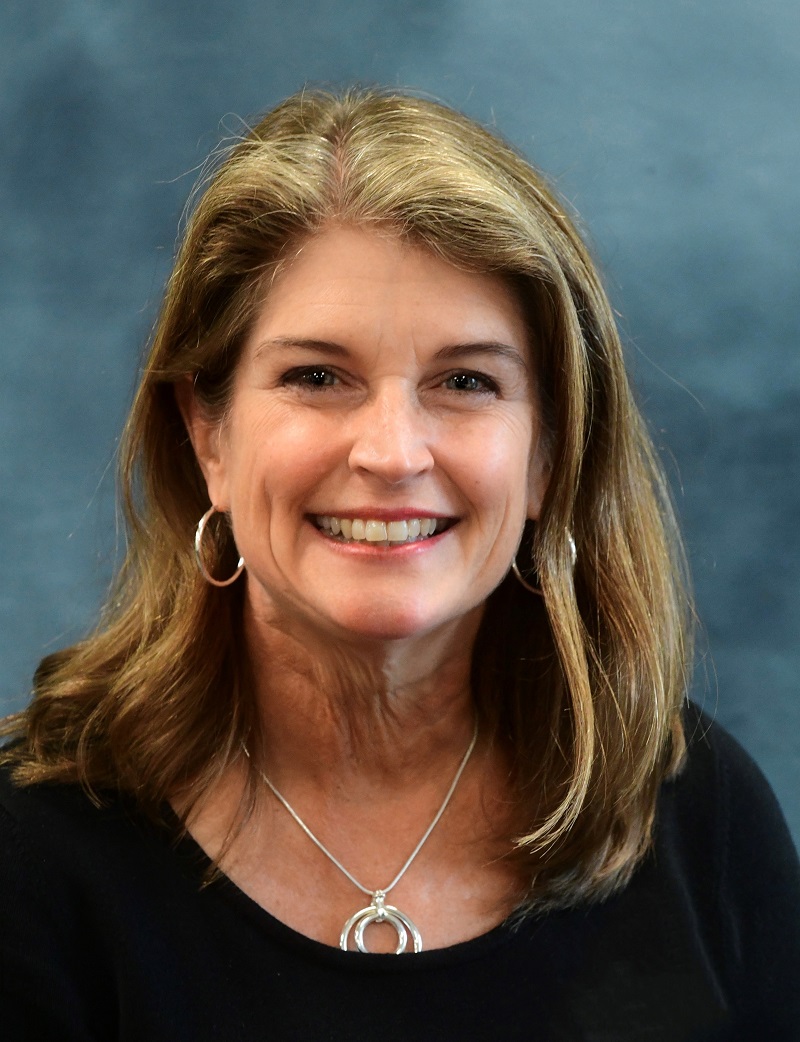 Cathy Kanefsky, Delaware
Cathy Kanefsky, Delaware
Cathy Kanefsky’s personal experiences fuel her passion for serving mission-driven organizations. Kanefsky and her husband, Carl, have three sons. Thirty-year-old twins Sam and Adam were born four months early and live with significant physical and intellectual disabilities, including autism. Their 28-year-old son, Stephen, and his wife, Alexandra, are both special education teachers. After 14 years in leadership roles at the March of Dimes, Kanefsky built and led national field operations for Autism Speaks. Following five years as Chief Development Officer at A.I. duPont Hospital for Children, she now serves as the President and CEO of the Food Bank of Delaware. Her determination to help those seeking a better future is the foundation for enhancing job training and employment opportunities at the Food Bank – for all people – including those with intellectual disabilities. Joseph M. Macbeth, Vermont
Joseph M. Macbeth, Vermont
Joseph M. Macbeth is the President and Chief Executive Officer of the National Alliance for Direct Support Professionals and the first employee hired by the organization in 2011. While working in New York, Macbeth partnered with the State University of New York to assist more than 500 direct support professionals in advancing their college education through the “Disability Studies Certificate”. He is a guest faculty at the National Leadership Consortium on Developmental Disabilities and currently sits on the College of Direct Support’s National Advisory Board. In 2016, Macbeth was appointed by as a Member of the Advisory Council for the New York State Justice Center for the Protection of People with Special Needs. In 2019, he was appointed by the Administration for Community Living as a member of the National Quality Forum’s Committee on Person-Centered Planning and has been recognized by the National Historic Recognition Project for significant national contributions in the field of intellectual and developmental disabilities.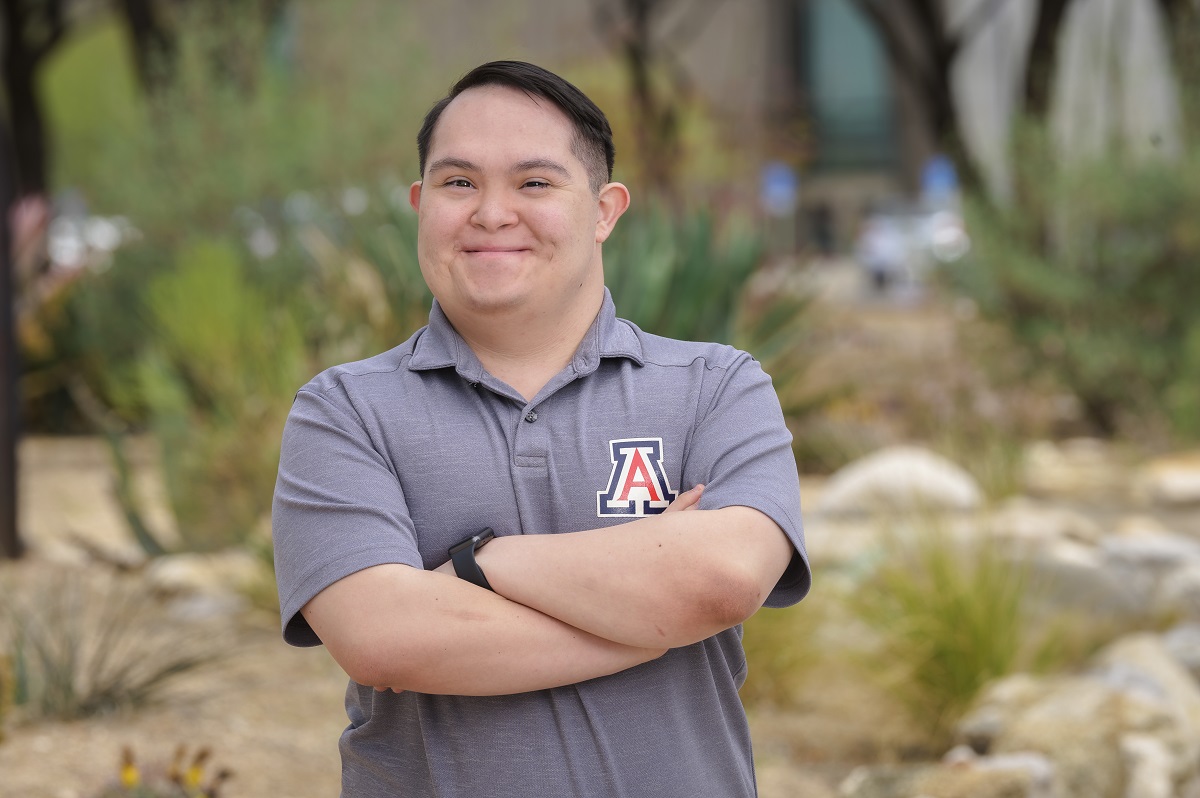 Gabriel Martinez, Arizona
Gabriel Martinez, Arizona
Gabriel “Gabe” Martinez is currently Project Co-Coordinator at the University of Arizona Sonoran Center for Excellence in Disabilities, where he has worked as a peer navigator and office assistant for two years. He is a 2016 graduate of the Sonoran Center’s Project SEARCH, an employment preparation program. Martinez is a regular speaker and trainer for webinars, course guest lectures, high school classroom presentations, medical student education at the UArizona College of Medicine-Tucson, as well as a co-coordinator of a Native youth focused transition and employment program called the Finds Their Way: Communities for Youth Transition. He works as a peer navigator on multiple projects, including the Transition AHEAD Roundtable, a comprehensive youth-to-adult transition program. Martinez serves on the leadership group for Self-Advocacy Solutions and represents the Sonoran Center on the Association of University Centers on Disabilities’ Council on Leadership in Advocacy.Lucy Meyer, California
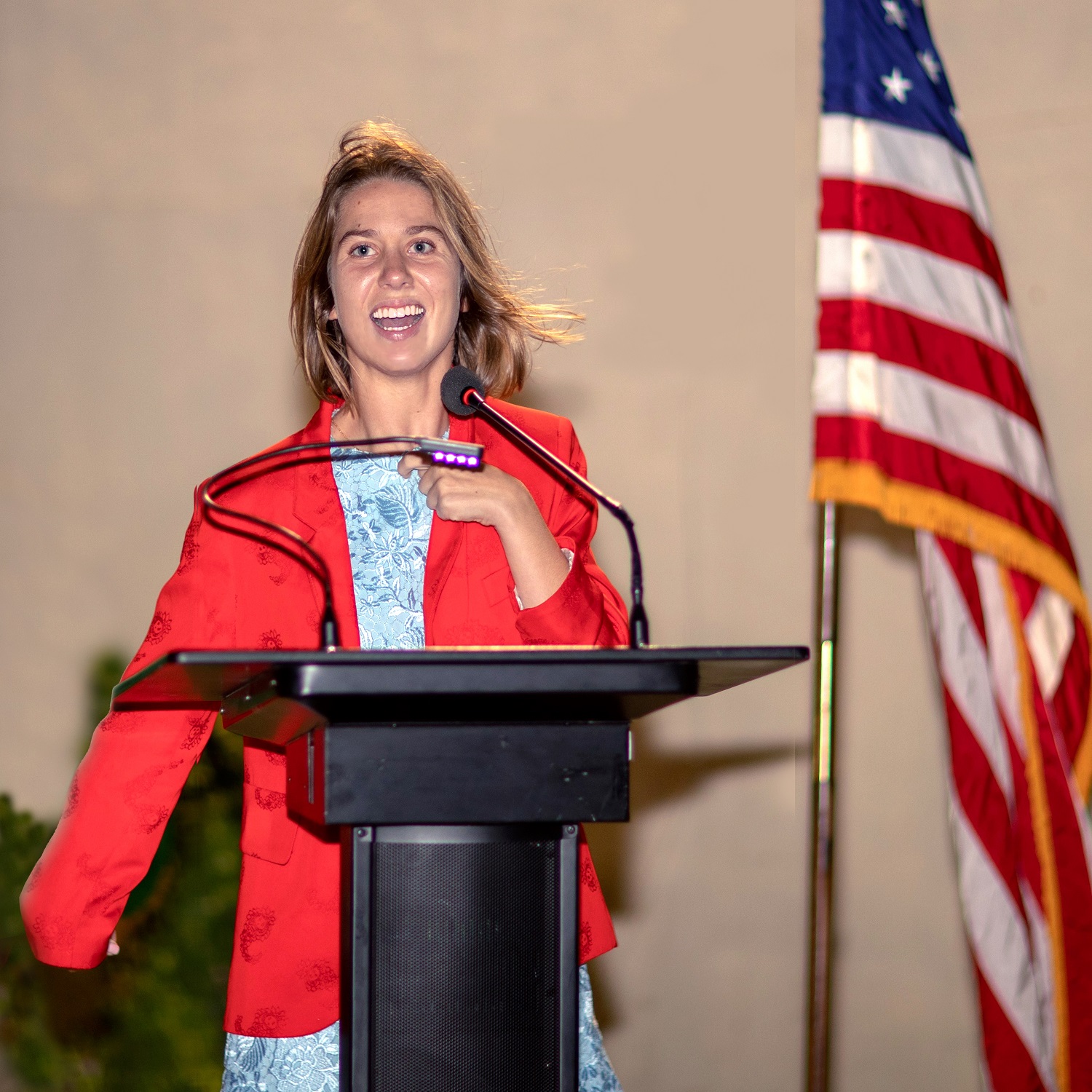
Lucy Meyer is an international advocate for young people with disabilities. She has worked closely with Special Olympic, Best Buddies, and UNICEF. She was born with cerebral palsy as a result of oxygen deprivation for five minutes at birth. Doctors originally indicated that Lucy might never be able to sit up or swallow, but she proudly states that the doctors were wrong. Since 2013, she has worked tirelessly to make sure that young people with disabilities, wherever they are around the world, receive quality health and education and experience the joy of sport and participation in society. Her advocacy for the acceptance and inclusion of young people with disabilities has taken her to the United Nations, U.S. Congress, as well as meetings with ministers and officials throughout the world.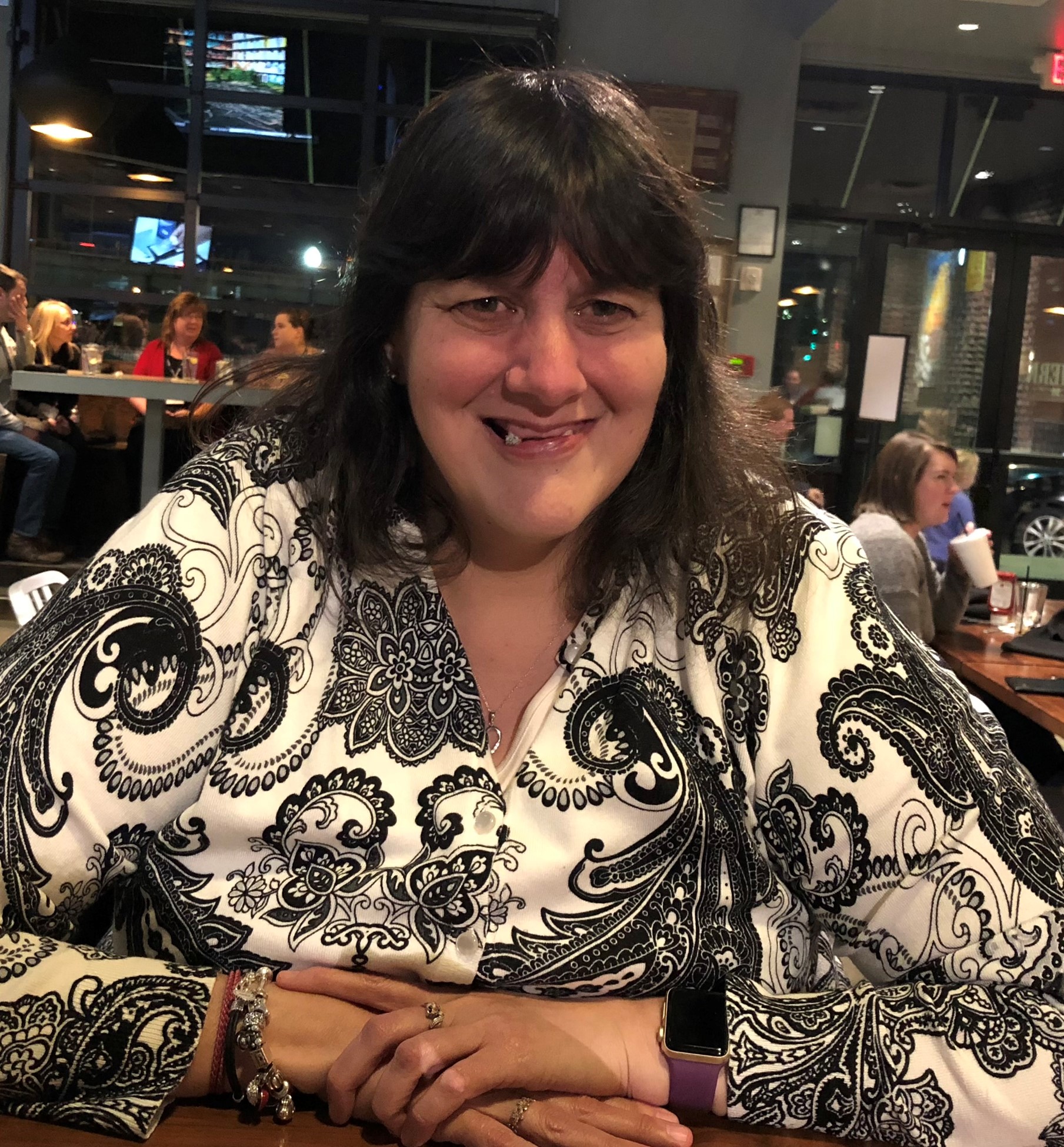 Tia Nelis, Illinois
Tia Nelis, Illinois
Tia Nelis currently serves as Coordinator of Self-Advocate Engagement at TASH, an international advocacy association of people with disabilities, their family members, other advocates, and people who work in the disability field. In this role, she supports the Self Advocacy Resource and Technical Assistance Center. Nelis previously served as Director of Policy and Advocacy. Nelis has drawn on her experience as a person with a disability to promote and demonstrate the benefits of empowering people with disabilities to effectively advocate for themselves.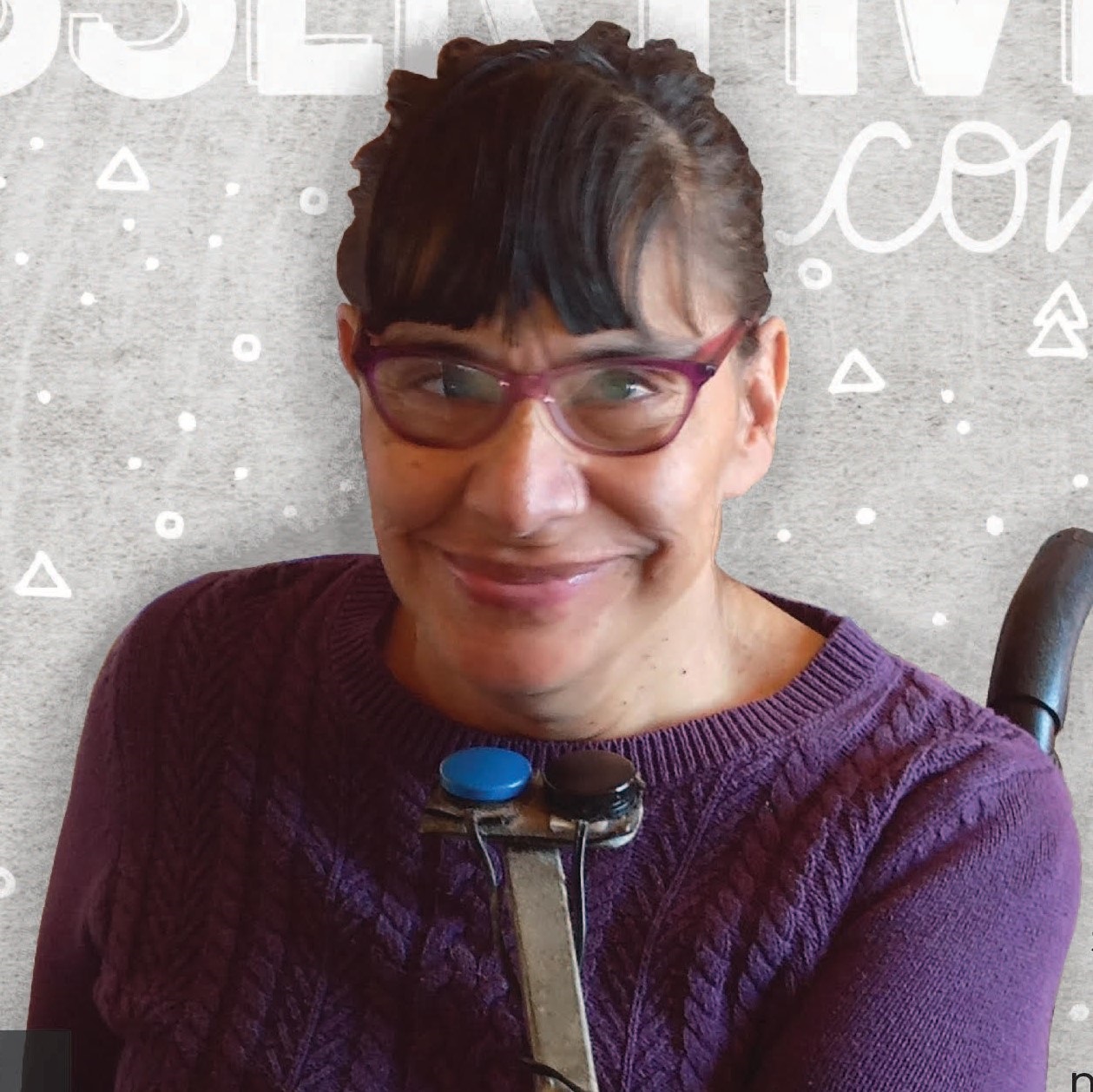 Santa Perez, Nevada
Santa Perez, Nevada
Santa Perez is a published author, mother, and self-advocate living with cerebral palsy in Las Vegas, Nevada. She currently serves as a member of the Nevada Governor’s Council on Developmental Disabilities and sits on numerous councils and committees, including the Executive Board of National Association of Council on Developmental Disabilities. Perez is also the Founding Member and President Emeritus of People First Nevada. She recently published her first book, Sitting at Eye Level: My Life as an Advocate, a Professional, a Woman, a Mom and a Person with a Significant Disability. She earned her B.A. in Psychology from Cal State Northridge. She is a proud mother to her son, Noah. Nick Perry, Georgia
Nick Perry, Georgia
Nick Perry is a sibling of a young man with intellectual and developmental disabilities (I/DD), and he’s also been a foster father to children with disabilities. Perry has over 25 years of cumulative experience in the disability field, ranging from disability policy and implementation to corporate disability inclusion strategy. Currently, he is the Disability Inclusion subject matter expert for the Boeing company. Additionally, he is the Chairman of the Georgia Council on Developmental Disabilities as appointed by Gov. Kemp and leads the Georgia Sibling Connection, a support and social group for siblings of individuals with disabilities. James Trout, Virginia
James Trout, Virginia
James Trout was diagnosed with Asperger’s Syndrome when he was 15 years old and subsequently diagnosed with Dysthymic Disorder at the age of 25. He received his B.A. from American University in Political Science and his M.S. from George Mason University in Transportation Policy, Operation, and Logistics. For the last three years, Trout has worked as an analyst for SourceAmerica, a nonprofit dedicated to increasing employment opportunities for persons with disabilities. Previously, he was a policy fellow for the nonprofit RespectAbility. In this role, he traveled to Iowa and New Hampshire to speak with Presidential candidates about their plans to improve job prospects for persons with disabilities.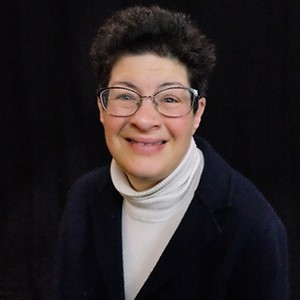 Liz Weintraub, Maryland
Liz Weintraub, Maryland
Liz Weintraub is a disability policy advocate and a full-time member of the Association of University Centers on Disabilities’ policy team. She also hosts “Tuesdays With Liz: Disability Policy for All,” a video series highlighting current issues in disability policy. Previously, Weintraub served as a fellow for Senator Casey of Pennsylvania, working on disability policy. She has also worked for the Council on Quality & Leadership and is an alumnus of the LEND training program at the Center for Leadership in Disability at Georgia State University. In 2018, she testified before the Senate Judiciary Committee about her personal experience as a woman with disabilities. - Ex Officio Members
-
- Attorney General of the US Department of Justice
- Secretary of the US Department of the Interior
- Secretary of the US Department of Commerce
- Secretary of the US Department of Labor
- Secretary of the US Department of Health and Human Services
- Secretary of the US Department of Housing and Urban Development
- Secretary of the U.S. Department of Transportation
- Secretary of the U.S. Department of Education
- Secretary of the US Department of Homeland Security
- Chief Executive Officer, Corporation for National and Community Service
- Commissioner of the U.S. Social Security Administration
- Chair of the Equal Employment Opportunity Commission
- Chair, National Council on Disability
- PCPID Reports
-
- 2024—Advancing Independence and Community Integration for All: Supporting Individuals with Intellectual Disabilities Through High-Quality Home and Community-Based Services
- 2017—America’s Direct Support Workforce Crisis: Effects on People with Intellectual Disabilities, Families, Communities and the U.S. Economy
- 2016—Strengthening an Inclusive Pathway for People with Intellectual Disabilities and Their Families
- 2015—Leveling the Playing Field: Improving Technology Access and Design for People with Intellectual Disabilities (PDF, 979KB)
- 2012—Managed Long-Term Services and Supports
- 2011—People with Intellectual Disabilities: Critical Supports that Promote Independence, Full and Lifelong Community Inclusion
- 2009—Dignity Through Employment
- 2008—Report to the President: The Promise of Research and Prevention
- 2007—Report to the President: Holding Truths To Be Self-Evident
- 2006—Keeping the Charge: Personal and Economic Freedom for People with Intellectual Disabilities
- 2005—Keeping the Charge: Accessibility to Dental Care for People with Intellectual Disabilities
- Reports to the President, 1967–2004
- PCPID Meeting Materials (including Minutes)
-
- PCPID Meeting: September 26-27, 2024
- PCPID Meeting: March 21, 2024
- PCPID Meeting: May 1, 2023
- PCPID Meeting: July 28, 2022
Previous Meeting Minutes:
- PCPID Meeting: March 21-22, 2019 (Word)
- PCPID Meeting: March 4, 2019 (Word) (PDF)
- PCPID Meeting (Call): December 12, 2018 (PDF)
- PCPID Meeting: November 8-9, 2018 (PDF)
- PCPID Meeting: March 23-24, 2017
- PCPID Meeting: November 30 - December 1, 2016
- PCPID Meeting: August 22, 2016
- PCPID Meeting: February 22-23, 2016 (PDF, 259KB)
- PCPID Meeting: November 9-10, 2015
- PCPID Meeting: August 3-4, 2015
- PCPID Meeting: May 11, 2015
- PCPID Meeting: April 7, 2015
- PCPID Meeting: February 19-20, 2015
- PCPID Meeting: September 3-5, 2014
- PCPID Meeting: August 9, 2012
- PCPID Meeting: February 1, 2012
- PCPID Meeting: November 14, 2011
- PCPID Meeting: September 26-27, 2011
- PCPID Meeting: August 16, 2011
- PCPID Meeting: July 19, 2011
- PCPID Meeting: June 16-17, 2011
- PCPID Meeting: November 19-20, 2008
- PCPID Meeting: September 9-10, 2008
- PCPID Meeting: June 25-27, 2008
- PCPID Meeting: April 24-25, 2008
- PCPID Meeting: February 15, 2008
- PCPID Meeting: November 15, 2007
- PCPID Meeting: September 6-7, 2007
- PCPID Meeting: May 14-15, 2007
- PCPID Meeting: February 15-16, 2007

